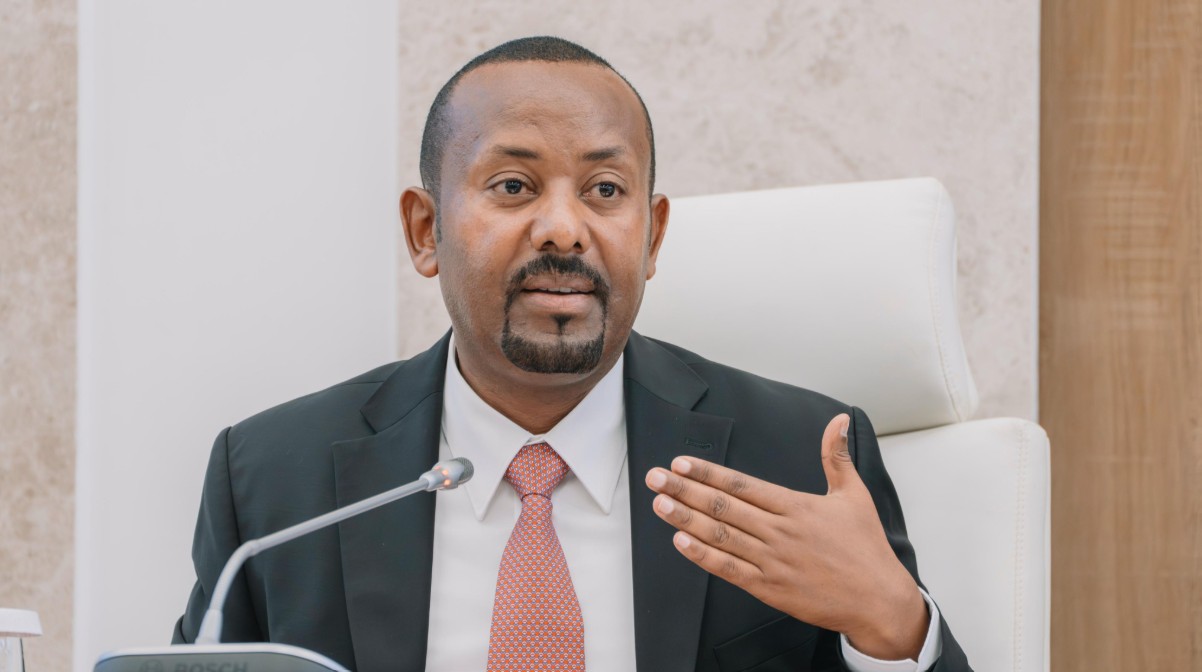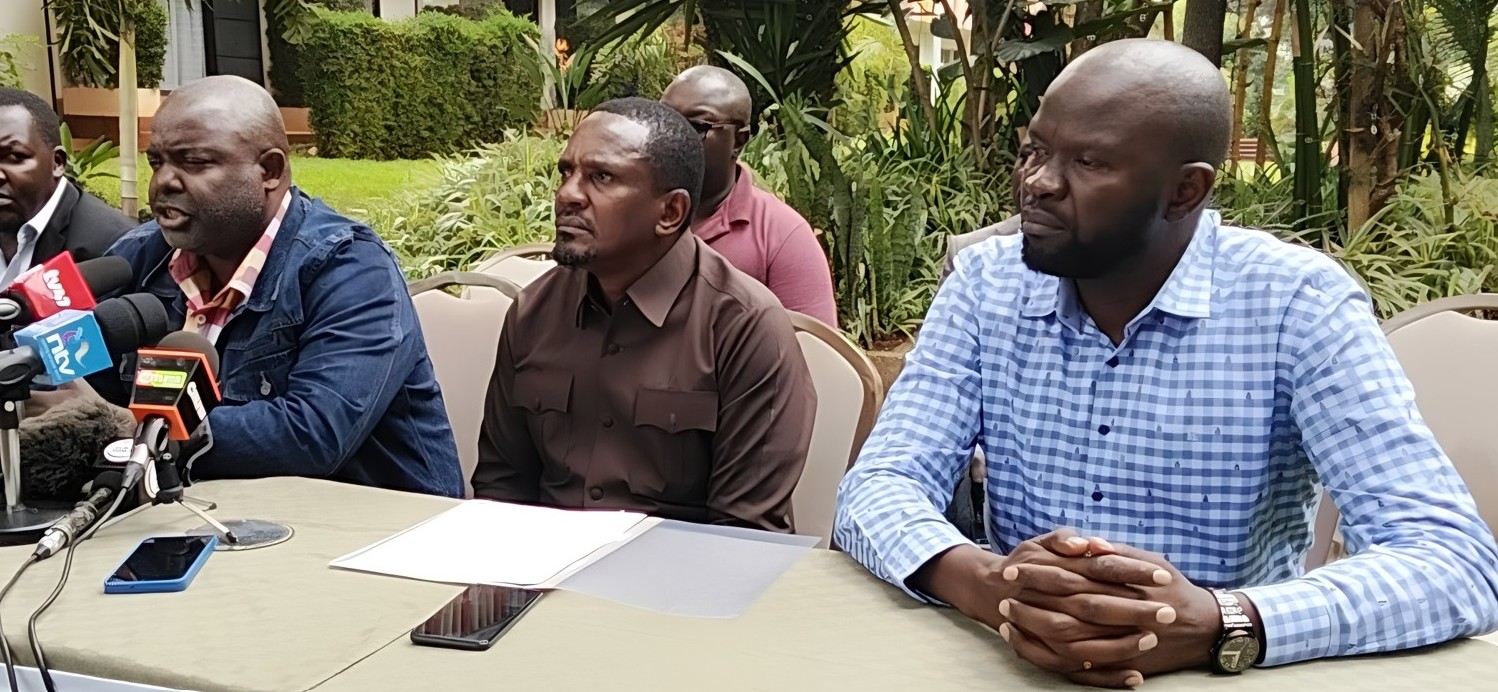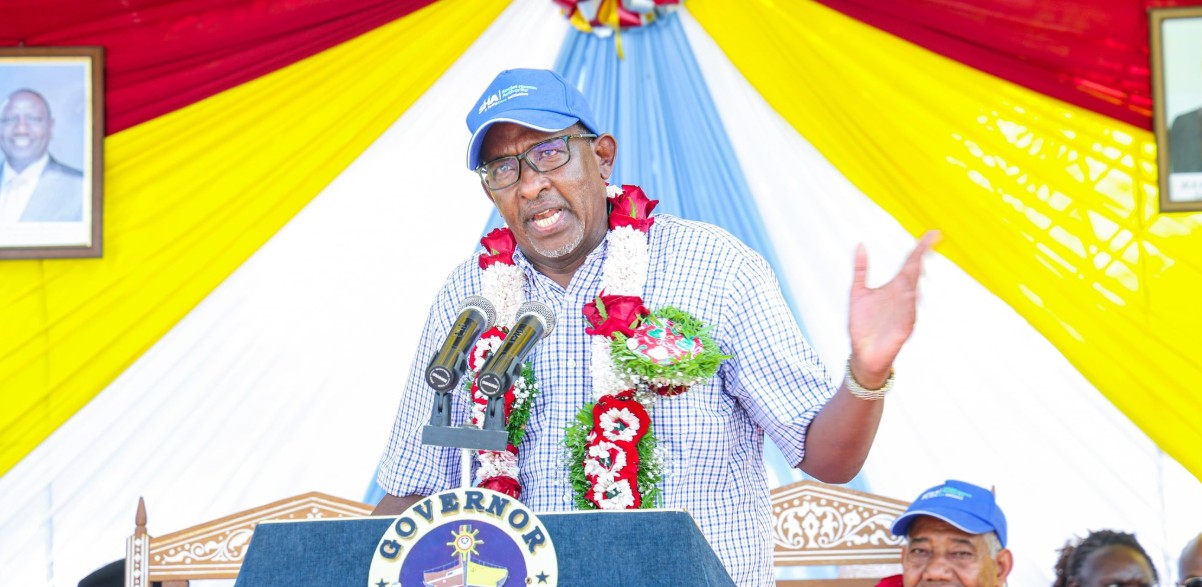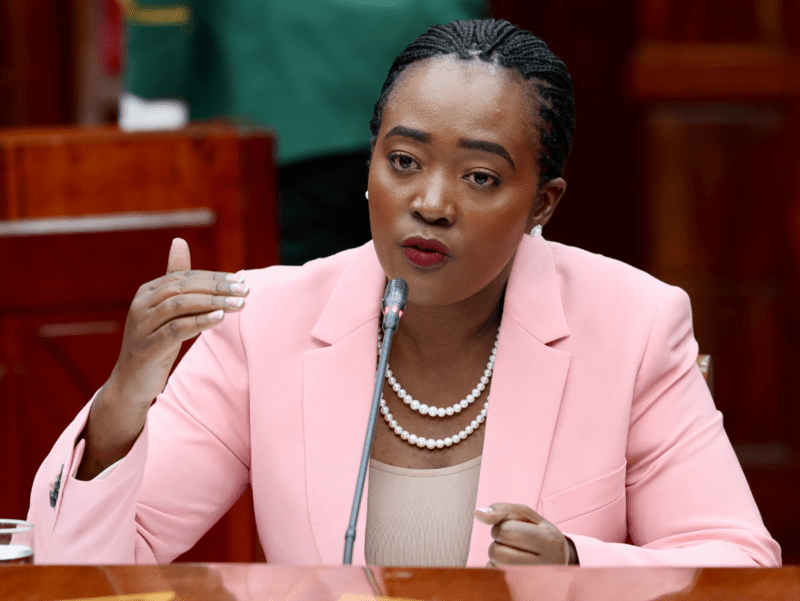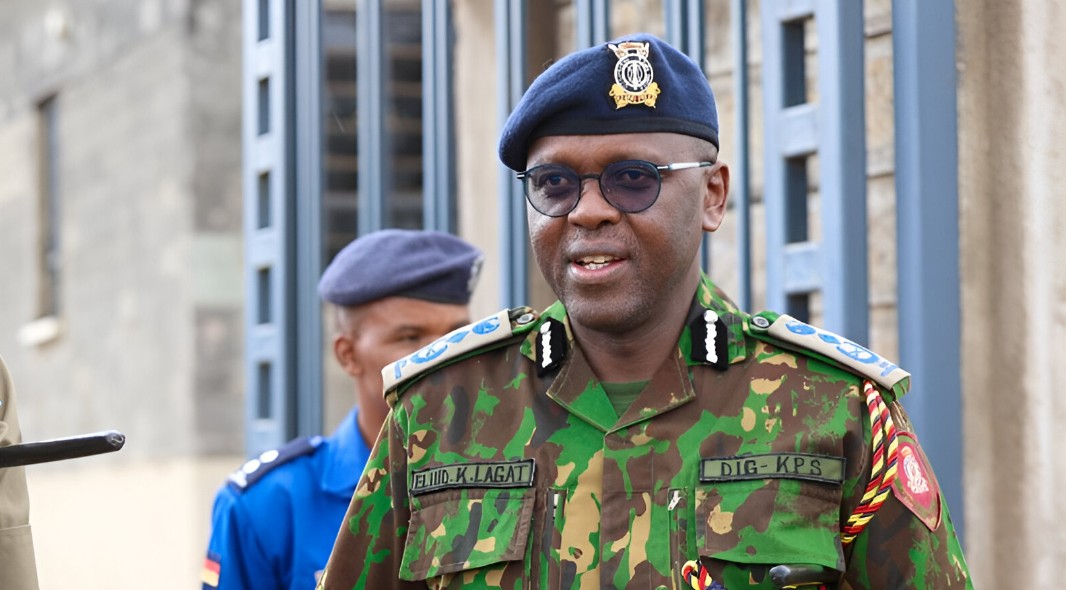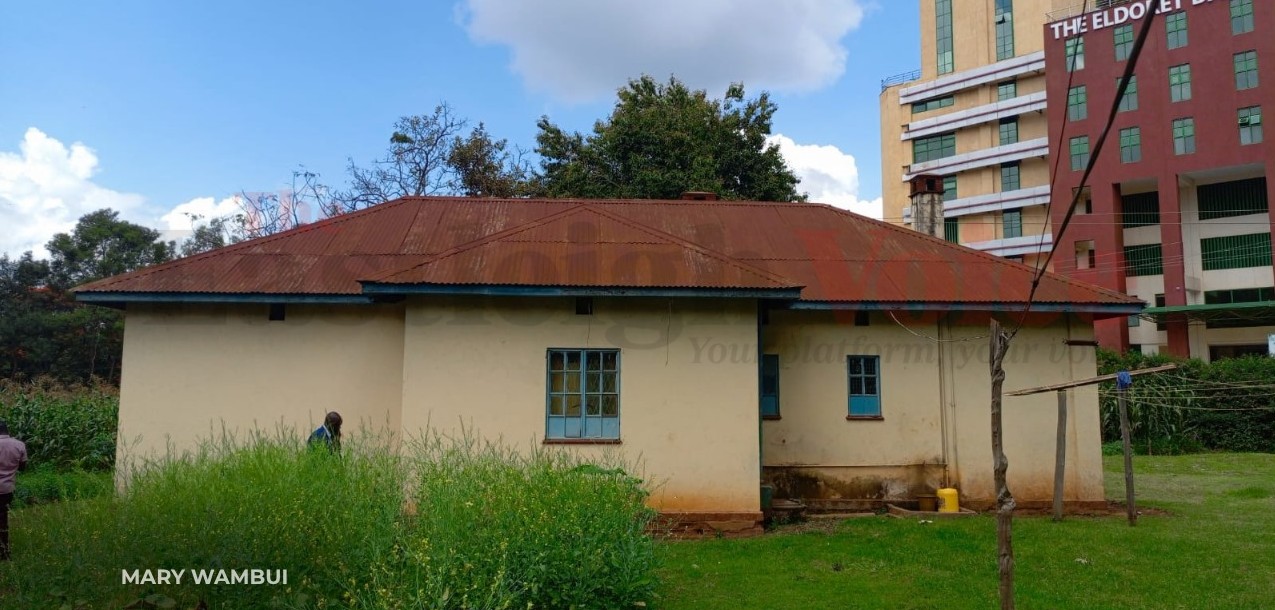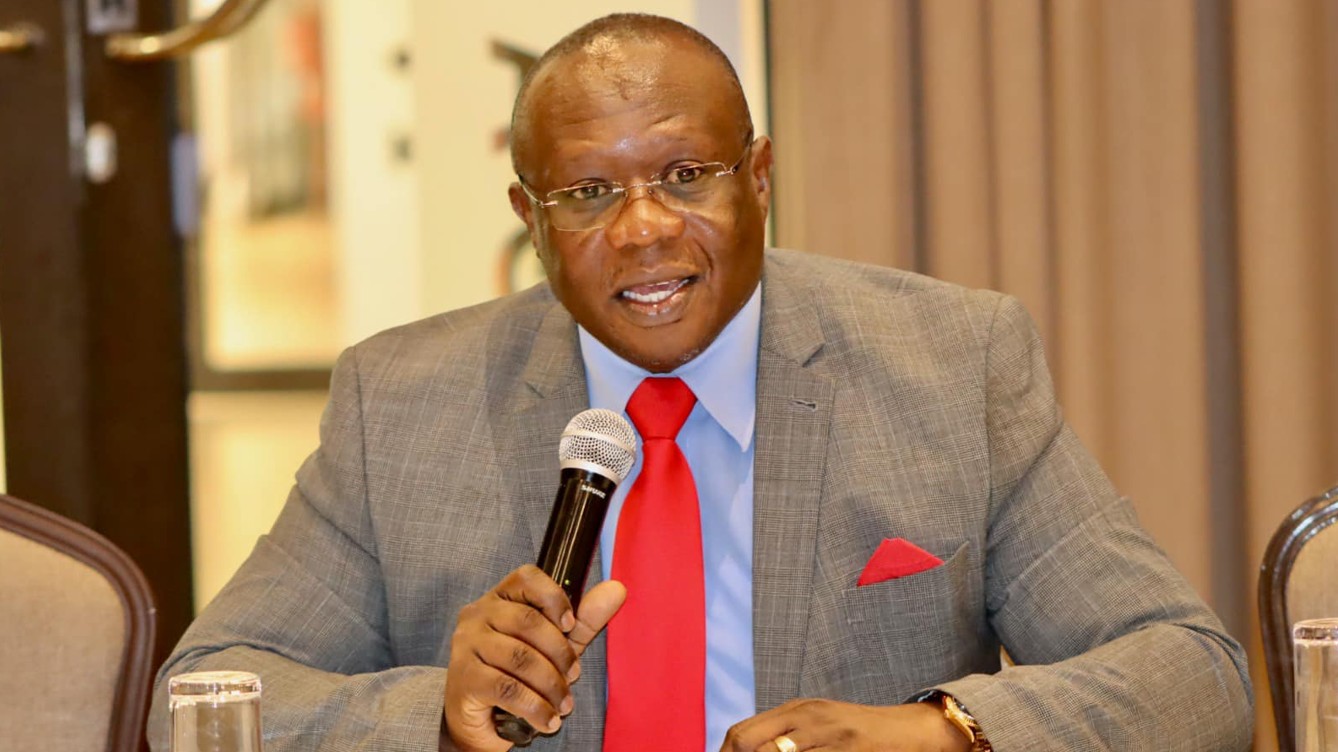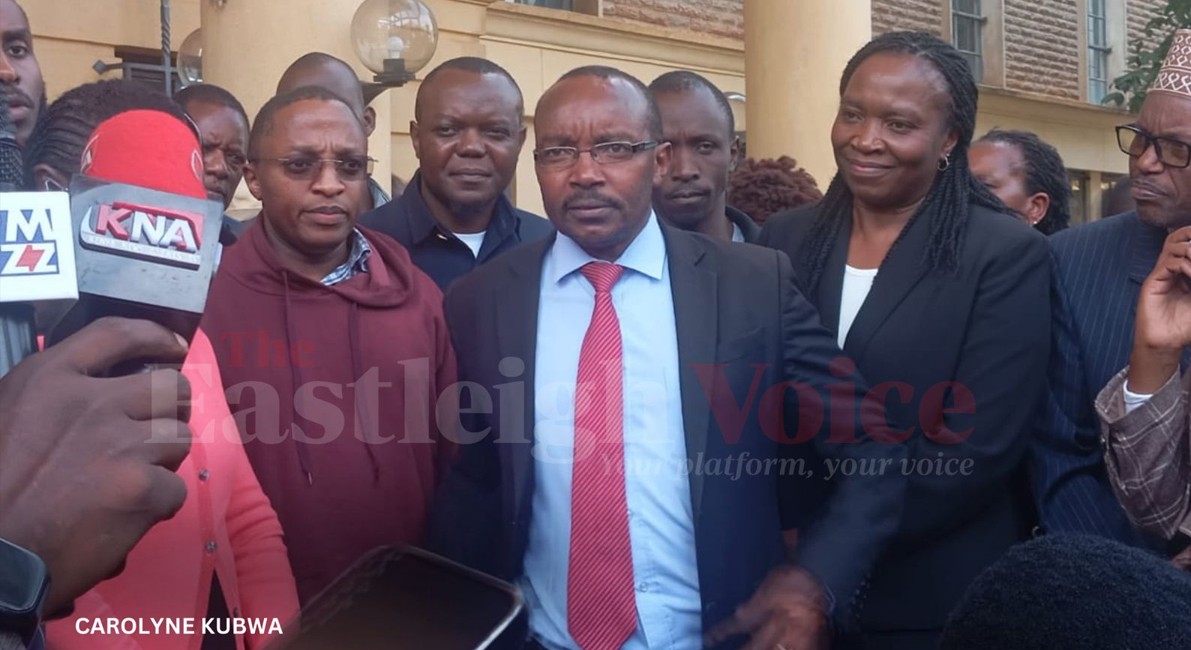School capitation crisis bites deeper despite state promise to release Sh21 billion
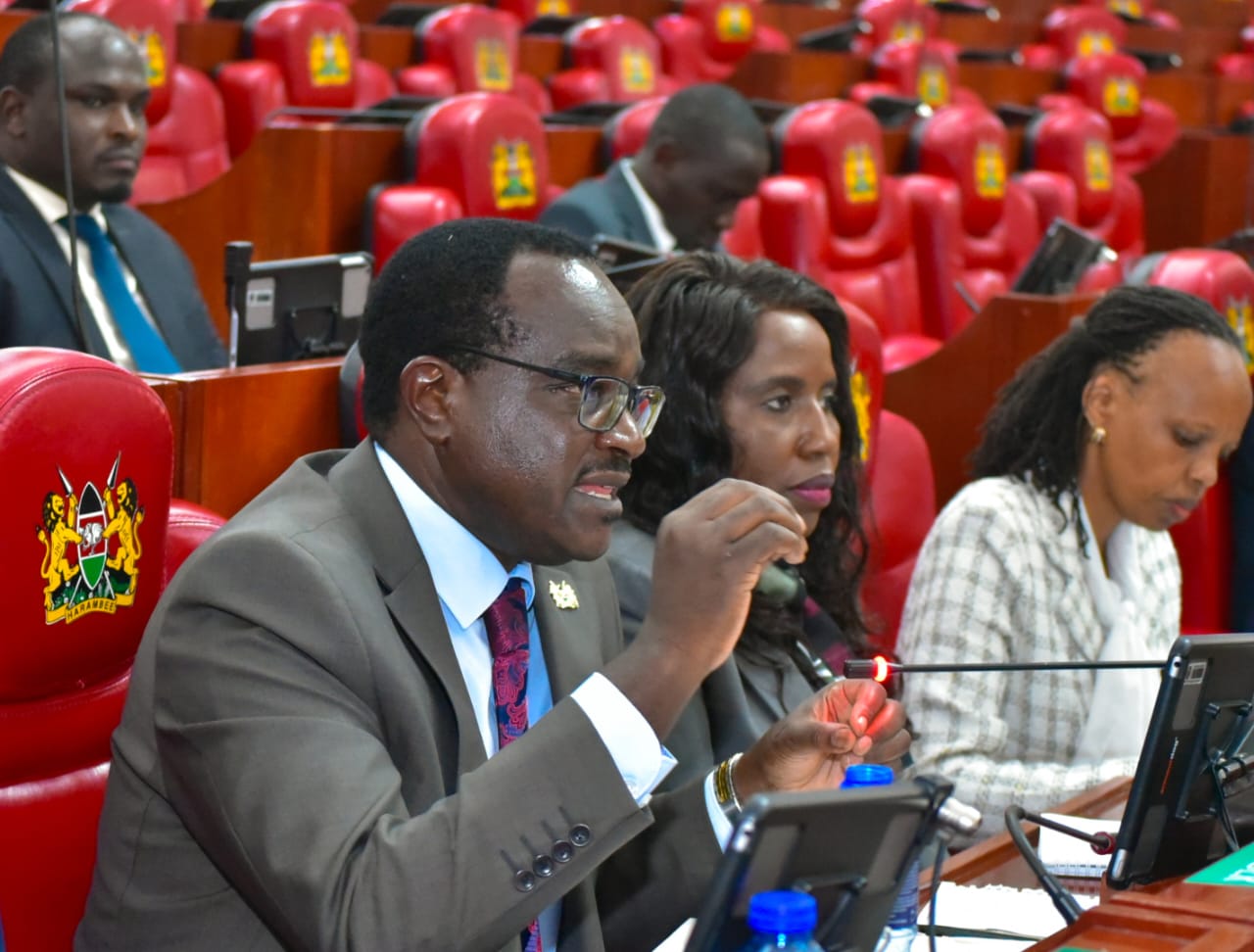
Principals now say the delay has left institutions cash-strapped, forcing some to withhold pay for non-teaching staff and dodge creditors.
School administrators have raised an alarm over the delayed disbursement of the second tranche of capitation funds, saying schools are struggling to operate as the third week of the second term begins.
This is despite the government assuring last week that Sh21 billion would be released by Friday. Principals now say the delay has left institutions cash-strapped, forcing some to withhold pay for non-teaching staff and dodge creditors.
More To Read
- Principals unveil revised senior school fees ahead of 2026 transition
- School heads urge minimum funding threshold as capitation shortfall hits Sh18 billion
- Principals demand three-year cycle for fees, capitation review
- Funding delay forces 2,105 students out of school, over 7,000 suspend studies
- Officials accused of looting school funds in widespread extortion racket targeting capitation money
- Sh5.9 billion reallocated to cover 2025 national exams amid education budget cuts
Education Cabinet Secretary Julius Ogamba had last week, during the Inaugural Education Conference at Lake Naivasha Resort, promised that the government would release the Sh21 billion capitation funds by the end of the second week. But as the new week begins, both public primary and secondary schools remain in limbo, grappling with unpaid staff, mounting debts and disruption of essential academic and co-curricular programmes.
Kenya Secondary School Heads Association (KESSHA) Chairman, Willy Kuria, confirmed that no funds had been received for the current term and expressed frustration that even previous disbursements were incomplete.
He noted that the lack of capitation is directly impacting preparations for opening exams, as schools are unable to purchase textbooks, duplicate paper and other learning materials.
“Without capitation funds, we may not be able to pass the exams, we may not be able to buy textbooks, we may not be able to buy the typing paper, the duplicating papers, all the materials required for the exams,” he told Nation.
He added that the shortfall is particularly harsh on day secondary schools, which cannot independently finance their programmes as they solely depend on the capitation and don’t charge any extra fees like their boarding counterparts.
“There is low motivation among principals, especially those deployed to day schools, owing to inadequate funding. We have a balance of about Sh2,800 per student, which was not remitted from last term, and some schools have had to close without paying salaries for non-teaching staff,” Kuria said.
This, he said, has seen some of the day schools miss out on some of the co-curricular activities.
“When they don’t participate in co-curricular activities, it will affect the boarding schools as well, because the boarding schools cannot compete on their own,” he said.
He added that some schools have resorted to instructing guards to deny entry to suppliers due to accumulated debts.
“Suppliers are on our necks, and they no longer trust schools. We have to play hide-and-seek and, at times, instruct the guards at the gate not to let them come into the school. We’ve ended up living a dishonest life,” Kuria said.
The problem, he said, worsened after the introduction of the Free Day Secondary Education (FDSE) programme in 2017.
“Before then, even learners in day schools would pay Sh9,000 while the government sent Sh12,000 for tuition. Now each learner is entitled to Sh22,244 annually, but in recent years, the government sends about Sh17,000,” he explained.
He further noted that Treasury Cabinet Secretary John Mbadi recently announced that the government would not settle outstanding capitation arrears, amounting to Sh64 billion, according to KESSHA.
“If the government delays disbursing the money, principals would use what the parents paid, but right now, there is nothing,” Kuria said.
Heads of institutions also warned that the delay is already affecting the administration of the Kenya Junior School Education Assessment (KJSEA) practicals for Grade 9 learners, particularly in technical subjects like Agriculture, where schools are required to procure materials for hands-on assessments.
Academic calendar paralysis
School heads say they intend to escalate the matter to the Ministry of Education from Monday, fearing that if the delay persists, it could paralyse the entire academic calendar.
Chairperson of the Kenya Primary School Heads Association (KEPSHA), Fuad Ali, said the effects of the delay are being felt across the comprehensive school system, which brings together both primary and junior secondary schools under one administrative unit.
“The capitation is affecting not only the junior school but the entire comprehensive school, because they are housed in the same compound and under one head of institution. So when there is a delay in the capitation, our activities are delayed,” Fuad said.
He noted that non-teaching staff have gone unpaid for weeks and are struggling to support their families.
“If we keep them long without receiving the payment, it’s affecting their daily lives too, because they are also people with families, and they need to be supported,” he said.
Utility bills are also going unpaid, resulting in frequent disconnections of electricity and water.
“We use power to pump water, we use power for Wi-Fi, internet services, and most things are done using power. So if power is disconnected, it’s a big challenge in our institutions,” Fuad added.
Co-curricular activities such as sports and music have been scaled back, while teacher training programmes for junior secondary instructors have stalled due to a lack of logistical support.
“These teachers, whenever they are going for any of these trainings, need to be supported in terms of transport and so forth. We just wish, as we had discussed with the ministry last week—and they promised the money would be released by the end of last week—that it is done. But to date, we have not received,” he said.
The Ministry had previously blamed the delay on issues with uploading school data into the National Education Management Information System (NEMIS), but Fuad said the data had already been submitted and that excuse no longer holds.
Principals are also battling political interference, staffing shortages, and unrealistic expectations from parents.
“Being a principal in this country is not easy. The pressures are enormous. Political interference is one of our biggest challenges. Leaders push for certain appointments not based on merit, but tribal or political affiliations, and when you don’t do what they want, they start threatening you,” Kuria said.
National Parents Association chairperson Silas Obuhatsa warned that the situation could force schools to send learners home for fee balances.
He urged the government to urgently release the funds this week to relieve the operational strain on institutions.
Top Stories Today
